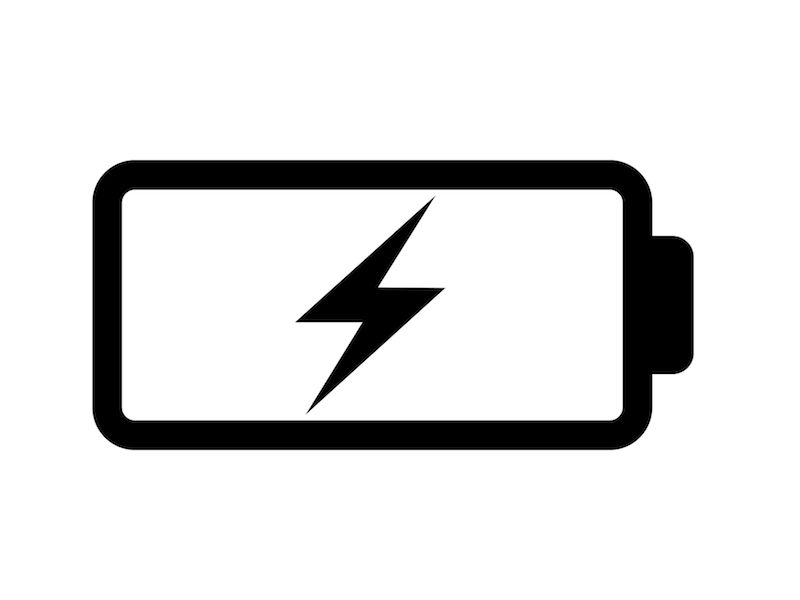
Rechargeable hearing aids are manufactured so that you’ll have to worry less about losing battery power, but the technology may also make you slightly anxious when you rely on your devices to hear. Do rechargeable hearing aids work, and do they work as well as marketed?
The stress is understandable and so are the question you might have. A hearing aid is often a vital element of one’s everyday life, as necessary for a simple trip to the grocery store as they are for the enjoyment of a television show or movie. When a piece of technology impacts so many aspects of your life, it’s important that it work correctly and dependably.
What Kind of Battery do I Have?
Most modern-day hearing aids are equipped with rechargeable batteries by default, so it’s likely if you bought your hearing aids recently, it has one of two kinds of batteries. Silver-zinc batteries, which have a battery door on the back, are rechargeable, but every so often they need to be replaced. A Lithium-ion battery, however, will last throughout the life-cycle of the hearing device and, because of that, those devices will not have that telltale battery door.
Rechargeable Hearing Aids Need Special Care
For the most part, rechargeable hearing aids do work, and they work well. As battery technology has advanced in the last few years, the reliability of these devices has increased substantially. As it is with any other electronic device, however, there are a few easy maintenance steps that users can practice to improve the dependability of their rechargeable hearing aids.
- The Charging Station is Where Your Hearing Aids Should be Kept: If you consistently store your rechargeable hearing aids on their recharging station you can increase the life of your battery. Charging a battery that is not totally drained does not shorten the long term life of your battery. In fact, making sure that your hearing aids are charging when you’re not using them can actually boost your long-term battery life. For many people, placing their charging station beside their bed is a simple reminder to charge the devices when it’s not being used.
- Keep Your Hearing Aids Clean and Dry: No matter how often you use or do not use your hearing aids, they have plenty of occasion to collect moisture, debris, and dust. Any combination of these three elements can diminish the capacity of your battery and can interfere with charging as much as it needs. When connecting your hearing aid to your charging station, as with any other time, it’s important to keep your device clean.
- Be Careful of Wires: Either the hearing aid itself or the charging station will contain some kind of wire element on most hearing aids. Most hearing aid users are counseled to be careful of these wires; the connection that allows the device to charge can be damaged if you pull on or hold it by the wires.
How to Replace a Rechargeable Battery
Lithium-ion batteries will normally last the as long as your device does. Consequently, you shouldn’t need to worry about changing those batteries. Simply continue recharging your hearing aids as long as needed.
Hearing aids that depend on silver-zinc batteries, however, may need fresh batteries once in a while. Changing batteries in the correct way can help improve the longevity of your hearing aids. Because of this, hearing professionals recommend the following:
- Be sure you wash your hands before replacing your hearing aid batteries.
- Five minutes before removing any tabs that might be attached let the batteries sit at room temperature.
- Until you’re ready to use the batteries, don’t remove the plastic tabs or packaging.
- Store batteries in a room temperature spot that is also sure to be dry.
- Confirm that your battery compartment is free of moisture and clean.
Non-Use For Long Periods
If you are planning not to use your hearing aids for long periods of time, leaving them on the charger may no longer be the best manner to store your devices. If, for example, you know that you won’t be using your hearing aids for a few weeks or months, you can just disconnect the charger and store your hearing aids in a dry and cool place.
Consider leaving the battery door open so you can prevent moisture from corroding the batteries if you use silver-zinc batteries.
Rechargeable for Everyday Use
For most individuals, and for day to day use, charging your hearing aids once a day should be sufficient for all of your needs. To get 24 hours worth of battery life with a lithium-ion battery will usually only require 3-4 hours every day.
Do rechargeable hearing aids work? They don’t just work, they are becoming more common every day. To see all the different models, get in touch with your local hearing aid retailer.